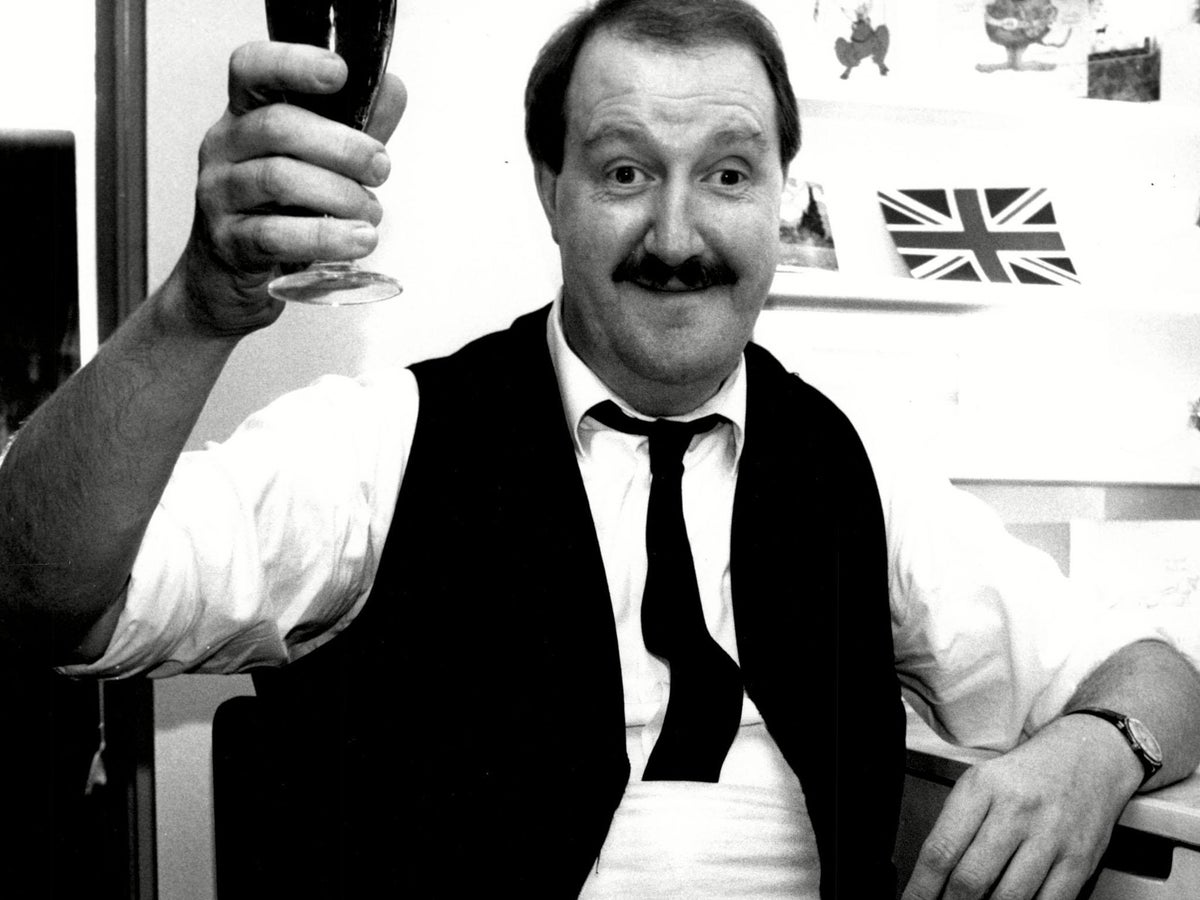
Classic British sitcoms such as Fawlty Towers, Dad’s Army and ’Allo ’Allo! contributed to the Brexit vote, an academic has claimed.
Professor Gavin Schaffer said the tone of the shows provided a partial insight into the identity and political culture which led to the country voting to leave the European Union in 2016.
Much of this centres on British attitudes to its European neighbours, with large parts of the UK’s Euroscepticism having “never strayed too far from suspicions rooted in the second world war”, he said.
Pointing to Allo ‘Allo!, the University of Birmingham academic claimed it “reveals a story of a nation that remains unready for further European integration”.
He claimed the 1980s show – which centres on the trials and tribulations of René Artois as he runs a cafe in Nazi-occupied France – “ultimately spoke to the core differences between Britain and her European neighbours”.
“The show also tells us something about how British attitudes to Europe were changing and not changing in the late 80s and early 90s, as Britain edged closer to her European neighbours,” he told The Guardian.
“What lurks in the shadows is a nation deeply ill at ease with its European neighbours and itself.”
A distrust of Europe was deliberately set up as the elephant in the room in Fawlty Towers, he wrote in the Bloomsbury book British Humour and the Second World War: ‘Keep Smiling Through’.
Bill Pertwee who starred in the classic TV comedy Dad's Army— (PA)
Broadcast after the 1975 referendum where the UK voted to remain in the European Common Market, Basil Fawlty tells one guest: “I didn’t vote for it myself, quite honestly. But, now that we’re in, I’m determined to make it work.”
Meanwhile, the stars of wartime comedy Dad’s Army are portrayed as an exemplar of British characters triumphing over European foes, he said.
In a more modern context, the continuing affection for the shows’ sense of humour points to a “British blind spot about the legacy of the war and the barriers between Britain and the rest of Europe”, Prof Schaffer added.


.png?w=600)




